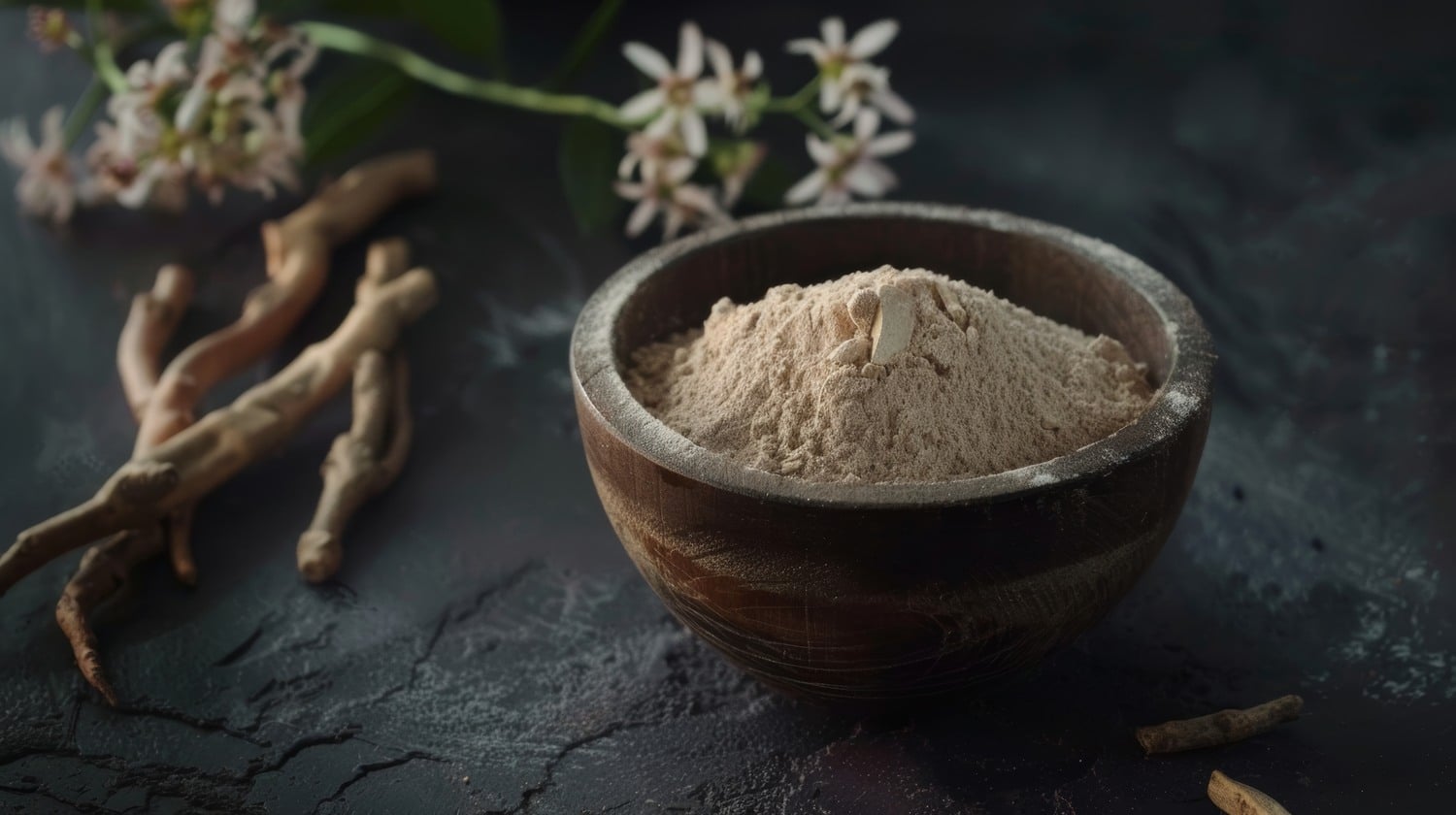Ibogaine treatment has the potential to manage the symptoms of many conditions, including Parkinson’s Disease. Research has shown that a precise and medically administered dose of ibogaine can improve the symptoms of Parkinson’s Disease. Ibogaine therapy can help reduce tremors, regulate dopamine levels, improve mood, enhance mobility, and help with other symptoms of the disease. Additionally, proper Ibogaine treatment may have the potential to slow or reverse the progression of Parkinson’s Disease. However, there is still a lot to understand about how ibogaine treatment can help patients with Parkinson’s Disease.
Understanding Parkinson’s Disease
Parkinson’s Disease (PD) is a neurodegenerative disease. Specifically, it is a movement disorder that affects the nervous system. Primary symptoms of Parkinson’s Disease include bradykinesia (slowness of movement), resting tremors, rigidity, pain, and postural instability. Other symptoms include a decreased arm swing when walking, difficulty turning over in bed, slurred speech, a soft, breathy voice, and loss of automatic movement. Patients with Parkinson’s Disease also experience some symptoms that are not related to movement, including trouble sleeping, depression, acting out dreams, and speech difficulties.
Parkinson’s is an individualized disease, which means it affects each person uniquely. Traditional treatment options for Parkinson’s Disease include several types of medication. Besides medication, there are surgical treatment options as well, including Deep Brain Stimulation (DBS). Healthcare professionals also recommend personalized exercise and physical therapy for patients to manage the movement symptoms of Parkinson’s Disease. Traditional treatment options can help manage the symptoms of Parkinson’s Disease, but they do not stop the progression of the disease or reverse it. This is where ibogaine therapy may be able to make a difference.
What is Ibogaine Treatment For Parkinson’s?
Traditional treatments for Parkinson’s Disease, such as Levodopa, can manage the symptoms of the disease. However, they come with various side effects and do not halt the disease’s progression. Over time, patients require higher doses of these medications, which leads to more side effects. Ibogaine, on the other hand, may promise a more innovative treatment for Parkinson’s Disease. Ibogaine has been seen to increase GDNF levels in studies done on animals. By increasing GDNF levels, ibogaine may be able to promote the brain’s ability to regenerate dopaminergic fibers, which contribute to the brain’s ability to repair damaged neurons. It can potentially promote neuroregeneration and help modulate the brain’s dopamine system. However, more research is required to understand ibogaine’s ability to manage and treat Parkinson’s symptoms.
Potential Benefits of Ibogaine for Parkinson’s Disease
Ibogaine is a potent treatment option for Parkinson’s Disease. Research suggests that it can offer many benefits to patients with Parkinson’s Disease, including managing symptoms and stopping the progression of the disease. Here are a few potential benefits that a patient can expect from ibogaine treatment:
Neuroprotective Properties
Ibogaine is the most studied iboga alkaloid, and clinical trials suggest that it has neuroprotective potential for battling neurological disorders. Ibogaine treatment provides symptomatic relief for Parkinson’s Disease patients and may also halt the progression of the disease.
Dopamine Regulation
Parkinson’s Disease is characterized by the loss of neurons in the brain responsible for producing dopamine, which leads to decreased dopamine levels. These dopamine levels are necessary for movement and coordination. In their absence, movement and coordination are compromised, leading to many of the symptoms of Parkinson’s Disease. Ibogaine can help modulate the brain’s dopamine system. It may increase the glial cell line-derived neurotrophic factor (GDNF), which supports the survival and growth of dopamine-producing neurons.
Reduction of Tremors
Ibogaine’s ability to modulate the brain’s dopamine system and its neuroprotective properties are crucial to managing symptoms of Parkinson’s Disease. It’s an effective treatment option for managing movement symptoms in patients, including a reduction in tremors and muscle rigidity. Symptomatic relief offered by ibogaine treatment may help patients retain control over their movement and motor control and improve their quality of life.
Mood Improvement
Parkinson’s Disease does not only affect movements. It also has non-movement symptoms, which are mostly related to mood, such as depression, stress, and anxiety. Ibogaine has been used to treat depression and may have the ability to help manage patients’ depression, anxiety, and mood changes.
Improved Mobility
Bradykinesia (slowness of movement) and reduced mobility are primary symptoms of Parkinson’s Disease. Ibogaine treatment is not only associated with a reduction in tremors; it also eases the long list of movement symptoms caused by Parkinson’s Disease. As a result, ibogaine therapy offers comprehensive symptomatic relief, improved mobility, and enhanced quality of life for patients with Parkinson’s Disease.
Current Research on Ibogaine Treatment for Parkinson’s Disease
Scientific research may support ibogaine’s ability to increase the production of a protein called GDNF, or glial cell line-derived neurotrophic factor. This protein, along with other neurotrophic factors, stimulates the production of dopaminergic fibers in the brain. Since Parkinson’s Disease is caused by the loss of cells that produce dopamine, it’s possible that ibogaine therapy can help regenerate those fibers and, consequently, reduce the symptoms of Parkinson’s Disease as well as stop its progression. As a result, ibogaine treatment may help improve Parkinson’s Disease symptoms.
Potential Risks and Side Effects of Ibogaine for Parkinson’s
Research about ibogaine treatment for Parkinson’s Disease is still underway. Therefore, it’s critical to seek medical advice before undergoing ibogaine treatment. Ibogaine should only be administered by a licensed medical professional experienced in ibogaine therapy. Patients have to undergo a series of tests to determine if they are fit for treatment, and the ibogaine dosage must be properly calculated for each patient. Skipping any of these protocols can lead to health complications and side effects.
Some known side effects of ibogaine treatment for Parkinson’s Disease include cardiac events, nausea, and tremors. Without medical supervision, patients can also be at risk of overdose, which might lead to further complications. Clinical trials are still underway, and medical professionals are constantly improving ways to administer ibogaine and manage side effects and risks.
Is Ibogaine a Viable Option for Parkinson’s Disease?
Studies are showing Ibogaine can be a viable option for treating Parkinson’s Disease, and several clinics have started implementing treatments that have shown a lot of potential. It is increasingly likely that Ibogaine therapy can effectively manage symptoms of Parkinson’s Disease, improving patients’ quality of life. Ibogaine also has neuroprotective properties, which means proper treatment may potentially halt the progression of the disease. However, each patient must undergo a series of tests to ensure that they are a safe candidate for treatment. If you or your loved one has been diagnosed with Parkinson’s Disease, ibogaine may be an effective treatment.
Frequently Asked Questions (FAQs)
Ibogaine is a potentially effective way to manage long-term symptoms and improve mobility in patients with Parkinson’s. Whether or not a patient can be treated with ibogaine can only be determined after comprehensive tests.
Parkinson’s Disease is primarily characterized by the loss of dopamine-producing cells, which reduces movement and coordination. Ibogaine is considered a treatment for Parkinson’s Disease because it can modulate the dopamine system and support the growth of dopamine-producing neurons. Ibogaine treatment helps with movement symptoms of the disease, such as tremors, pain, muscle rigidity, and Bradykinesia. Ibogaine also has mood enhancement properties, which means it can also help with non-movement symptoms, such as depression and anxiety.



